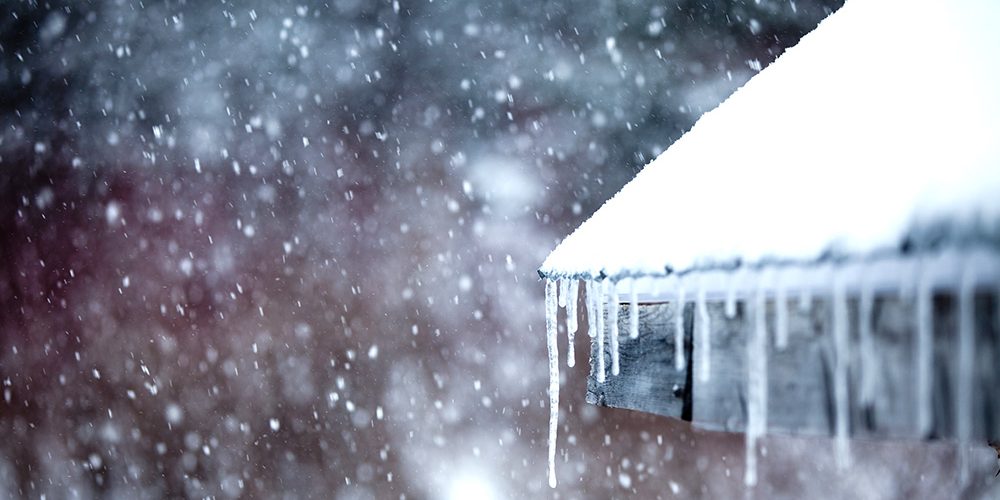Tips to Prepare Your Home for the Cold
If your home is not prepared for the potential damage that winter conditions can cause, you could be costing yourself a significant amount of money!
The most common cause of home related issues is due to water damage, commonly in the form of frozen or burst pipes. Through a couple of simple steps you can be prepared for or prevent this kind of damage. The most important thing to know is where the water shut off for your home is so that in an emergency you can get your water shut off. Other tips to prevent this need include wrapping your pipes to insulate them and keeping your house at or above 65 degrees.
Now that you have addressed the biggest issue, there is still many things you can do to save yourself money and protect your home. Below are some additional tips that I recommend checking in both the spring and the fall to address an issue as soon as you find it.
Insulate Water Pipes
To ensure that your indoor water pipes do not freeze, wrapping them in insulation is a simple and affordable prevention method. Areas to focus on would include under your sinks, if you have pipes that run along outer walls, especially in the basement, or in areas you may not notice an issue immediately such as an attic or crawl space.
Check Insulation
Two areas of the home that many times have little to no insulation are the attic and the crawl space. By checking, and installing insulation if needed, you can help save money by holding the heat in the areas of the house you live in.
Have Heating Equipment Serviced
Heating equipment that is not properly maintained or serviced creates a large fire hazard. By having an annual inspection completed an inspector can ensure things such as the bricks are in good condition and that no water is able to leak in. They will also check that animals seeking warmth are not able to get in through the cap.
Inspect Your Roof and Shingles
Having all four seasons and hail, our roof takes a good amount of abuse. Inspecting your roof closely for damaged or missing shingles can help prevent water from leaking in.
Remove Debris from Gutters
Leaves, twigs and other debris and build up and clog our gutters preventing water from flowing freely. As temperatures drop and the water freezes, melting snow is not able to properly run off your roof and away from the house.
Remove Dead or Broken Tree Limbs
The weight of snow can cause a tree branch to snap, potentially causing damage to your house, car or a person who may be below it. It is recommended that before the snow comes to have a professional tree service come remove and dead or broken limbs.
Mark Landmarks
When the snow piles up it can be hard to know where your driveway or sidewalk end. By placing poles or driveway markers along the edge of such items, you will make it easier whether you are clearing snow yourself or hire a professional.
Turn Off Outdoor Water Sources
Before the frost hits, drain and store hoses and sprinklers to prevent them from freezing and potentially breaking. Some external spigots require the water to be shut off inside the house that flows to them. Once that is done you can open the spigot to drain any water that may be trapped and freeze in the line.






